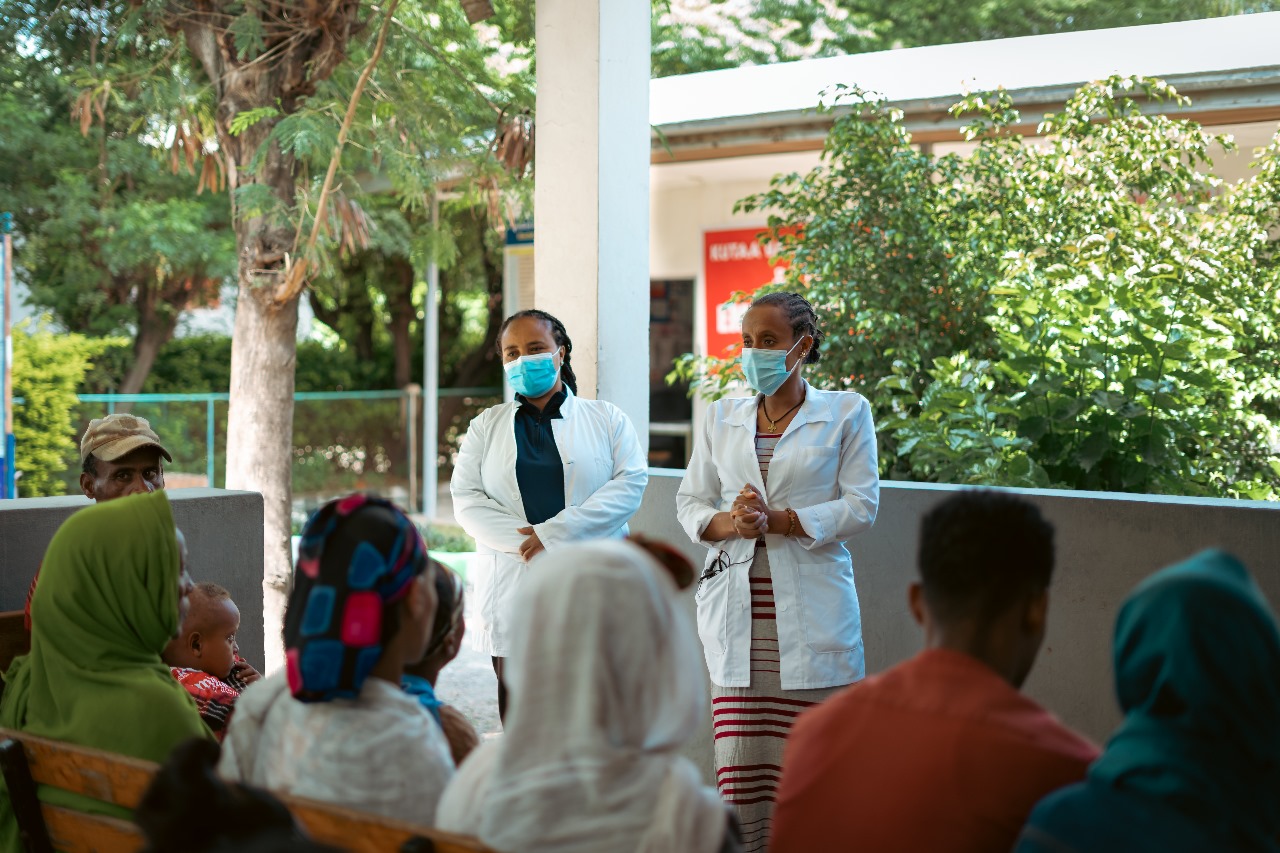
Ethiopia is intensifying efforts to expand access to sexual and reproductive health services, with a growing emphasis on self-care as a transformative strategy—especially in communities affected by humanitarian crises and the lingering effects of the COVID-19 pandemic.
Backed by the World Health Organization (WHO), the country’s new approach empowers women and adolescents to take charge of their own health through the use of simple, accessible tools.
Among the services now widely available are contraceptives, pregnancy tests, HIV self-testing kits, and medically supervised abortion procedures.
In a statement released by WHO Africa, the organization confirmed that national guidelines supporting self-care have been incorporated into Ethiopia’s broader health policies.
This integration has been complemented by a large-scale training programme designed to equip healthcare professionals with the skills and knowledge needed to support this shift.
The impact is already being felt across the country. At the Kolfe Health Centre in Addis Ababa, for example, access to family planning services has tripled over the past two years.
In the conflict-affected Amhara region, more than 100 women and adolescent girls have received education on self-care practices, despite ongoing humanitarian challenges.
“These initiatives empower women, improve maternal health and save lives,” said Dr. Owen Kaluwa, WHO Representative in Ethiopia.
His remarks underline the life-saving potential of empowering individuals with the tools to manage their reproductive health independently.
By placing autonomy at the heart of reproductive health strategies, Ethiopia is not only expanding access but also laying the foundation for more resilient and inclusive health systems.
As the country continues to recover from the compounded impacts of conflict and pandemic, its embrace of self-care marks a significant step toward a more equitable future in public health.



